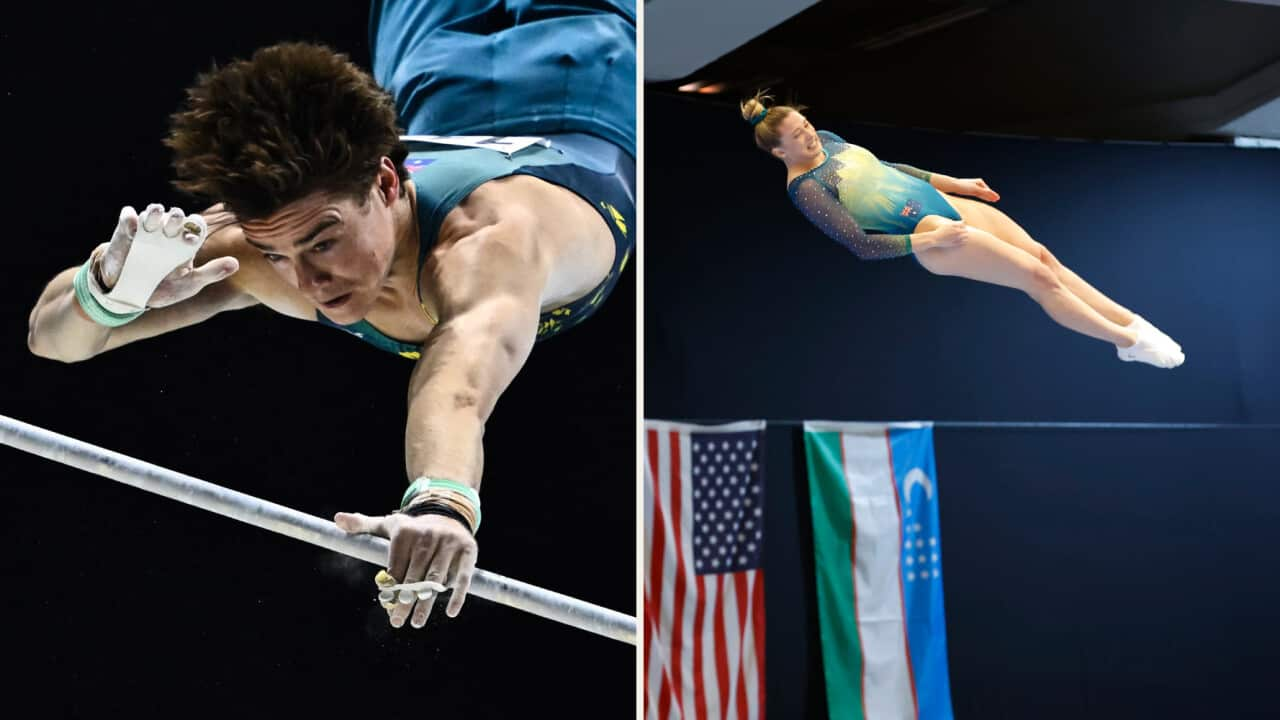It is a song with relevance to modern football. Because in today’s globalized world, footballers from the four corners of the globe have all seen ‘Paree’ – meaning, in this case, the likes of Barcelona, Real Madrid, Bayern Munich and (why not?) Paris Saint Germain. It is where they all want to be. And so it has become impossible to keep them at home.
The consequences are made painfully clear every year in the Club World Cup, which for South American domestic football has become an annual horror show, a place where the limitations of the continent’s champions are so graphically exposed. River Plate’s meeting with Barcelona was a predictable mismatch.
Might there be a ray of hope on the horizon? The last South American winners of the competition were Corinthians of Brazil, who beat Chelsea 1-0 at the end of 2012. True, their opponents were hardly the most impressive European champions, and yet even so Corinthians keeper Cassio was the man of the match, and the Brazilians scored with their only effort on target. Nevertheless, coach Tite had moulded a compact, solid, competitive team, one capable of holding its own in world class company.
Soon afterwards Tite took a year off, spent a lot of time studying European football, and returned to Corinthians a year ago with batteries recharged. His team strolled to the Brazilian title. The 2015 model showed much of the solidity of its 2012 predecessor – but was also much easier on the eye, much more constructive and expansive.
The stand out aspect of the side was the midfield. Little playmaker Jadson, 32, and his taller colleague Renato Augusto, 27, passed holes on the opposition, with Elias, 30, providing the central midfield dynamism. And the acquisition of centre forward Vagner Love, 31, was a success that many did not foresee. But technically gifted and strong on the ball, he dovetailed well with such a ball playing midfield.
This was an intelligent, experienced side. Indeed, both factors surely made it easier for the coach to go about his business. Many youngsters seem to build their game around flashy moments that can be cut into a DVD which helps get them sold.
This lot, in contrast, were more inclined to play collectively. They were seasoned professionals who had all come back from Europe – and with the exception of Renato Augusto, were surely too old to be thinking about a return to the other side of the Atlantic. So it was going to be fascinating to see how this side would fare in 2016. Could they win the Libertadores and then go on to meet the Europeans in a fair fight in the Club World Cup?
Unfortunately, it seems that we will never know - the team is breaking up. A European bid has indeed come in for Renato Augusto, whose previous spell in Germany with Bayer Leverkeusen was blighted with injury problems.
Now that he has demonstrated his fitness, and played his way into the Brazil side, Schalke are keen on taking him back to Germany and, at the time of writing, he seems inclined to accept.
Jadson has already gone – but not to Europe. He has accepted a big money offer from Tianjin Songjiang, in the Chinese second division. And Elias is mulling over an offer from another Chinese team, Hebei Zhongji, who have just been promoted to the first division.
Clearly, the definition of ‘Paree’ has grown. Corinthians’ predecessors as Brazilian champions were Cruzeiro of Belo Horizonte, who also lost key players, members of the Brazil squad, to China and the Middle East. The likely break up of the current Corinthians side, then, can be seen as a second consecutive external shock from the orient.
It is almost exactly 83 years since Brazilian football suffered an earlier external shock from the east – though in this case, far closer. In December 1932, Brazil went to play a friendly away to the Oriental Republic of Uruguay, to give the little country its complete name.
The Uruguayans were the top dogs of the day, reigning world champions and double Olympic gold medalists. Brazil’s 2-1 win in the newly-built Centenario stadium was a surprise, and its architects were two outstanding youngsters, elegant centre back Domingos da Guia and sinuous centre forward Leonidas da Silva.
Their performances did not go unnoticed. Uruguayan football had just turned professional, and so the Montevideo big two swooped. Penarol offered a big money deal to Leonidas, while Nacional chased Domingos. The two accepted – hardly a surprise as the Brazilian game was still amateur.
The pro-amateur lobby continued to put up a fight in Brazil. But the loss of the country’s two brightest stars forced the issue the other way. Professionalism would have come in the end. But the external shock of losing Leonidas and Domingos obviously hastened the process.
Once they could be paid for their work, the pair soon returned to Brazil, and were magnificent in the national team’s run to third place in the 1938 World Cup, the first hint that Brazil were to become a global power in the game.
Brazil, then, was able to respond to the external shock of the early 1930s. But, eight decades later, how can it face the one it currently faces? A massive reorganisation of the domestic game would be a start, with the calendar drawn up on rational lines. As it stands, Brazilian football is simply not set up to compete in a globalised era. There is huge room for improvement.
It is hard, though, to imagine a scenario where the best players do not go to Europe. The likes of Neymar have all seen a bit of ‘Paree,’ and no one can blame them for wanting to see plenty more.










